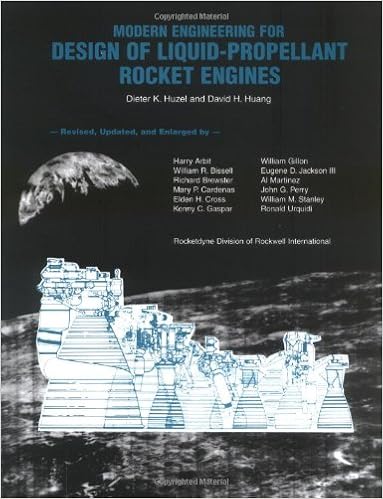The continued failure of SETI weighs heavily among the book's themes. Are there other intelligent lifeforms in the universe? The question of how to interact with other forms of life is governed by the discipline called metalaw, which has implications for the Magellan's mission.
I like the Dark Forest Theory to explain SETI's failure.
https://www.quora.com/What-is-the-D...smos-which-is-a-response-to-the-Fermi-Paradox
This theory is explained very well near the end of the science fiction novel, The Dark Forest by Liu Cixin.
The first axiom is that survival is the primary need of civilization. Therefore, civilizations will do whatever it takes to ensure their own survival.
The second axiom is that civilizations always grow and expand, but the amount of matter and resources in the universe are finite.
So every civilization other than your own is a likely threat. At the very least, they are occupying a planet that you could use to expand your civilization. At worst, they are more technologically advanced and will wipe out your civilization to expand their own.
When two civilizations meet, they will want to know if the other is going to be friendly or hostile. One side might act friendly, but the other side won't know if they are just faking it to put them at ease while armies are built in secret. This is called chains of suspicion. You don't know for sure what the other side's intentions are. On Earth this is resolved through communication and diplomacy. But for civilizations in different solar systems, that's not possible due to the vast distances and time between message sent and received. Bottom line is, every civilization could be a threat and it's impossible to know for sure, therefore they must be destroyed to ensure your survival.
You might be thinking that if an advanced civilization detects the radio signals from Earth then they would know that we are less advanced and therefore not a threat. But again you have to consider the vast distance and time it takes for those signals to travel. Even if a nearby civilization (only 10 or 20 light years away) detects us, it would take hundreds or even thousands of years for them to reach us and that is plenty of time for a technological explosion. If they don't attack us at once, then we might develop technology fast enough to catch up and threaten them.
It won't be like Star Trek. Without faster than light travel, there won't be any communication, diplomacy or trade with alien races. It's kill or be killed.
So that's why we haven't heard a peep from other civilizations. The universe is a dark forest where every civilization is a silent hunter. They desperately try to stay undetectable while hunting for other planets to colonize and threats to destroy.
The first axiom is that survival is the primary need of civilization. Therefore, civilizations will do whatever it takes to ensure their own survival.
The second axiom is that civilizations always grow and expand, but the amount of matter and resources in the universe are finite.
So every civilization other than your own is a likely threat. At the very least, they are occupying a planet that you could use to expand your civilization. At worst, they are more technologically advanced and will wipe out your civilization to expand their own.
When two civilizations meet, they will want to know if the other is going to be friendly or hostile. One side might act friendly, but the other side won't know if they are just faking it to put them at ease while armies are built in secret. This is called chains of suspicion. You don't know for sure what the other side's intentions are. On Earth this is resolved through communication and diplomacy. But for civilizations in different solar systems, that's not possible due to the vast distances and time between message sent and received. Bottom line is, every civilization could be a threat and it's impossible to know for sure, therefore they must be destroyed to ensure your survival.
You might be thinking that if an advanced civilization detects the radio signals from Earth then they would know that we are less advanced and therefore not a threat. But again you have to consider the vast distance and time it takes for those signals to travel. Even if a nearby civilization (only 10 or 20 light years away) detects us, it would take hundreds or even thousands of years for them to reach us and that is plenty of time for a technological explosion. If they don't attack us at once, then we might develop technology fast enough to catch up and threaten them.
It won't be like Star Trek. Without faster than light travel, there won't be any communication, diplomacy or trade with alien races. It's kill or be killed.
So that's why we haven't heard a peep from other civilizations. The universe is a dark forest where every civilization is a silent hunter. They desperately try to stay undetectable while hunting for other planets to colonize and threats to destroy.





